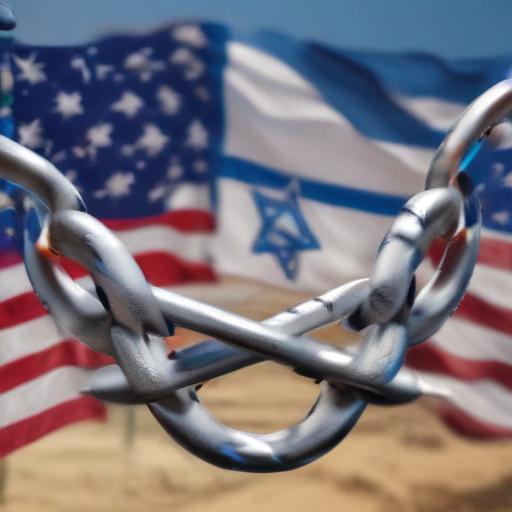Recent reports indicate growing tensions between U.S. President Donald Trump and Israeli Prime Minister Benjamin Netanyahu, with sources suggesting that both leaders are experiencing mutual disappointment. Trump’s frustrations with Netanyahu have reportedly escalated to the point where the president has decided to advance his Middle East initiatives independently, particularly concerning Saudi Arabia and Gulf states, without waiting for Israel’s participation.
The situation highlights a significant shift in U.S. strategy, as Trump aims to prioritize actions that he believes will benefit American interests, which include efforts towards normalization with Saudi Arabia. These efforts are contingent on certain conditions being met by Israel, such as a resolution to the ongoing conflict in Gaza and a commitment to discussions regarding a future Palestinian state. Internal discussions within Netanyahu’s administration have been focused on how to frame Israel’s position on the “Palestinian state” concept amidst both domestic political sensitivities and public skepticism.
Moreover, Trump’s dissatisfaction is seemingly compounded by an incident involving Netanyahu’s team allegedly attempting to influence National Security Advisor Mike Waltz towards military action in Iran, an accusation that Trump views as serious enough to question the credibility of Netanyahu’s leadership.
The diplomatic rift has led to Israel’s exclusion from key announcements, including a recent ceasefire agreement with the Houthis, suggesting a growing schism between U.S. and Israeli positions. As a result, both Netanyahu and Defense Minister Israel Katz have signaled a readiness for a scenario in which Israel must rely solely on its own defense capabilities. They emphasized that Israel has historically defended itself independently and must continue to do so in the future.
This evolving dynamic may reshape the traditional alliance between the U.S. and Israel, with potential implications for regional security and Israel’s foreign policy strategy. It remains to be seen how both leaders will navigate this period of tension while balancing their individual priorities on the world stage.
